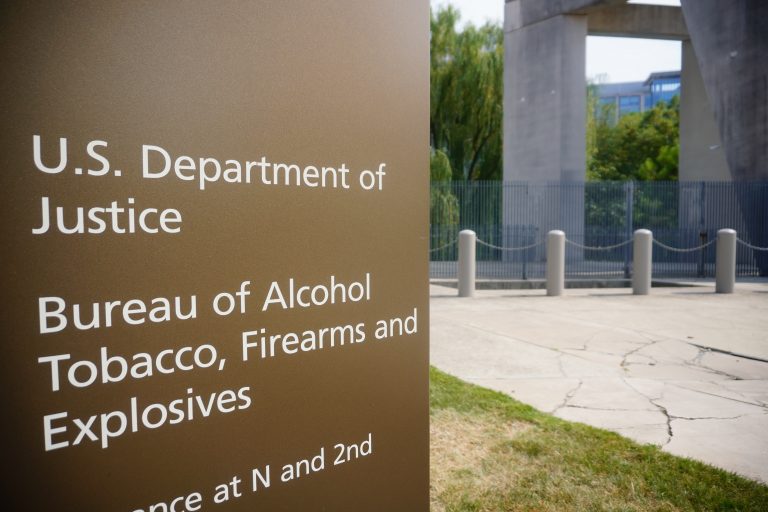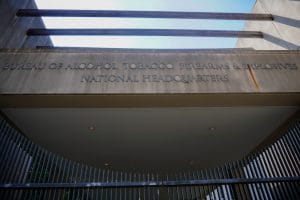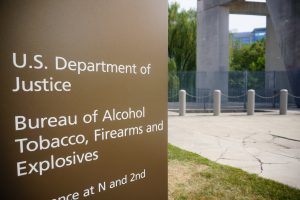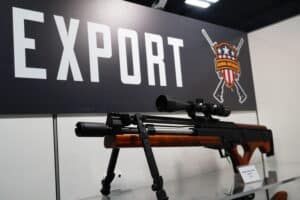David Chipman’s power over what guns and ammo remain legal would be broader than many realize, according to one ATF source.
A former ATF agent with over 20 years of experience told The Reload Chipman would have significant say over the myriad of “sporting purpose” exceptions that allow many guns to remain legal. The official, who previously voiced concerns about Chipman’s history of gun-control advocacy, said new laws are not necessary to grant Chipman power. They pointed to several “sporting use” exceptions already in current federal law.
The National Firearms Act of 1934 requires all firearms with a barrel with a diameter greater than half an inch to be registered with the ATF and taxed. Since that definition would include all 12 and 20 gauge shotguns, Congress included an exception for shotguns “particularly suitable for sporting purposes” as determined by the attorney general. Similarly, the Gun Control Act of 1968 prohibits importing, manufacturing, and distributing what it calls “armor-piercing ammunition.” But, since many kinds of popular ammunition fall under the law’s definition of “armor-piercing,” Congress allowed an exception for ammo with a sporting purpose as determined by the AG. The same is true for nearly all firearms imports under the Gun Control Act.
So, federal law governing shotguns, so-called “armor-piercing” ammunition, and firearms imports all have broad exceptions for sporting use that the Attorney General could narrow at the request of the ATF director. The director could theoretically restrict most shotguns, many kinds of popular ammunition, and most firearm imports if he decided to hollow out the exceptions. And it wouldn’t require Congressional approval.
“He just wakes up on a given day and says, ‘I think this is not a sporting firearm. I hereby decide it,'” the former agent said.
They said Chipman’s history of paid gun-control advocacy and public comments supporting strict new gun bans, including a ban on the popular AR-15 rifle, made him a particularly troubling pick given the broad power he could inherit.
“What is sporting, and who gets to define that?” the agent said. “Do you want Dave Chipman defining it? Frankly, do you want a far-end of either side of the spectrum person defining the word sporting?”
The source said it is dangerous to appoint an activist like Chipman to be director of a regulatory agency like the ATF. They said the sporting purpose exceptions were written to be interpreted in good faith, but an activist could push their boundaries and use them to effectively circumvent the law’s intent.
“How does he implement that activism?” they said. “It’s one thing to say he’s an activist. But does he have the power to put this into practice the day he takes the job? Yes.”
The former official said it wouldn’t be the first time a director used narrowed the sporting purpose exception to ban guns they didn’t like.
“Do you remember when we banned street sweeper shotguns?” the source said. “We banned them overnight. We went around the country and simply gathered them. We deemed they didn’t have a sporting use.”
Chipman told senators during his May confirmation hearing he would put his activism aside and not try to enact new gun laws while director. But the source said he left out the fact he wouldn’t need to try and create new powers or laws because he would be granted vast authority under the laws already on the books.
“The law of the land gives him this authority,” the former agent said. “So, he’s not actually lying about anything. He already has the authority. He sort of left that part out. He didn’t sit there in front of Congress and say, ‘oh, by the way, I already have the authority.'”






